Battle Hymn of Responsibility
Christian clergymen of today typically prefer to disparage power and prestige as demonic ensnarements that Jesus shunned when offered. But Jesus exemplifies not the rejection of power per se but rather a godly deployment of it.
Mark TooleyMarch 9, 2018
This Is My Body: Communion Eschatology
In this military vignette, originally published in Christianity and Crisis on April 19, 1943, John Joseph Stoudt depicts the religiosity of men confronting their own mortality. The Chaplain employs the clearest ritual means of communicating the weight of their task, the nature of their profession: Communion. In taking up the body and the blood, the gathered soldiers experience camaraderie in a common meal, and unanimously acknowledge of the enduring, indisputable value of sacrifice; both God’s and their own.
Christianity & Crisis MagazineMarch 8, 2018
Christian Contrition and Action: Society and the Keys to Peace
In this article, originally published in Christianity and Crisis on April 19, 1943, F. Ernest Johnson illuminates the twin wartime concerns of brutality and cynicism. Johnson illustrates the importance of maintaining public morality; losing compassion for the enemy will scuttle the peace and instigate the next war, while ignoring social influence in determining personal ethics invariably corrodes society on a more insidious level. To paraphrase John 17: 14-19, we must be in the world, but not of it.
Christianity & Crisis MagazineMarch 1, 2018
The Home Front: Losing the Peace Through Revenge
The Treaty of Versailles did not cause World War II, but it hardly aimed to prevent it. In this article, originally published in Christianity and Crisis on April 5, 1943, D. Elton Trueblood warns against a vindictive peace driven by revenge – a fertile breeding ground for the next war. Trueblood deplores missing a chance at reversing centuries of intra-European carnage and preventing Asia from suffering a modern incarnation, all for the sake of revenge.
Christianity & Crisis MagazineFebruary 22, 2018
No Peace With Hitler’s Generals: Conquer the Military Caste
Almost all nations field armies; fewer, even in 1943, retained a warrior caste who dominated nearly every facet of political and cultural life. In this incisive article, originally published in Christianity and Crisis on March 8, 1943, Robert E. Fitch argues that winning the War and achieving peace stems from breaking the feudal martial classes of Hitler’s Nazi Germany and Tojo’s Imperial Japan.
Christianity & Crisis MagazineFebruary 15, 2018
Can Evil Always Be Overcome With Good?
Foretelling a time of cultivation, Isaiah prophesies, “They shall beat their swords into plowshares, and their spears into pruning hooks.” One cannot plow a field with a sword, nor prune a tree with a spear. In this article, originally published in Christianity and Crisis on March 8, 1943, John Knox contrasts the promotion of good with the destruction of evil, particularly in conflict. Promoting good is insufficient; the conduct of war and the creation of peace are distinct phenomena to be pursued with discrete tools.
Christianity & Crisis MagazineFebruary 8, 2018
Afterthoughts on the Farewell Address: Washington’s Wisdom
In this convicting article, originally published in Christianity and Crisis on March 8, 1943, Editor Howard C. Robbins decries isolationism as the ideology of less prosperous and influential times. He exhorts the United States to assume the responsibility demanded of a large nation-state and work to “end international anarchy.” Evoking the spirit of George Washington’s Farewell Address, Robbins pleads the United States to embrace a central role in international politics. Furthermore, he implores the American public to follow in Washington’s footsteps by shedding partisan politics.
Christianity & Crisis MagazineFebruary 2, 2018
Why the League Failed: 13 Crippling Shortcomings
The much-maligned League of Nations experienced difficulties and shortcomings, which are visible in the functioning of the modern UN – and to a lesser extent, the International Criminal Court. George Stewart provides no less than thirteen reasons for the League’s failure, foremost among them the United States’ refusal to join, despite President Wilson’s labors as the prime architect. Stewart’s criticism of the League’s weaknesses, in its simultaneous impotence and incompetence, serves as a reminder for the need of robust, yet practical, international structures.
Christianity & Crisis MagazineJanuary 26, 2018
The Just War of Unjust Nations
In nearly every war both sides point to the offenses and wickedness of their enemies, hoping to solidify that they are on the side of morality and godliness and to justify their decision to fight. The Axis Powers of World War II undoubtedly had perverse and wicked aims, but in this article Eduard Heimann argues that the democracies, and particularly the Christians living within them, deserve blame for the war as well.
Christianity & Crisis MagazineJanuary 23, 2018
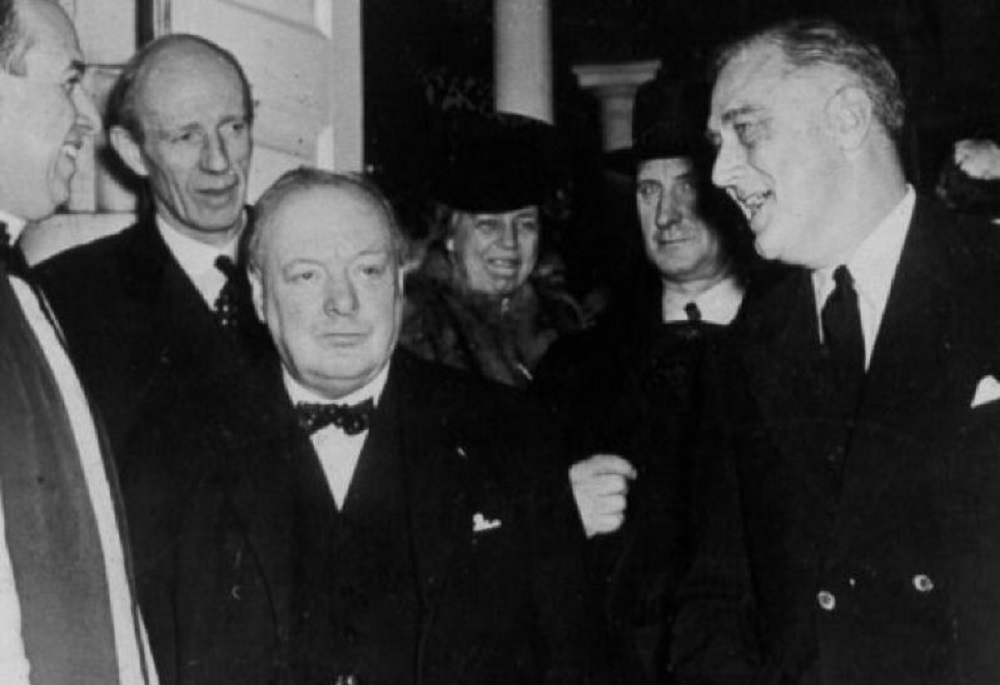
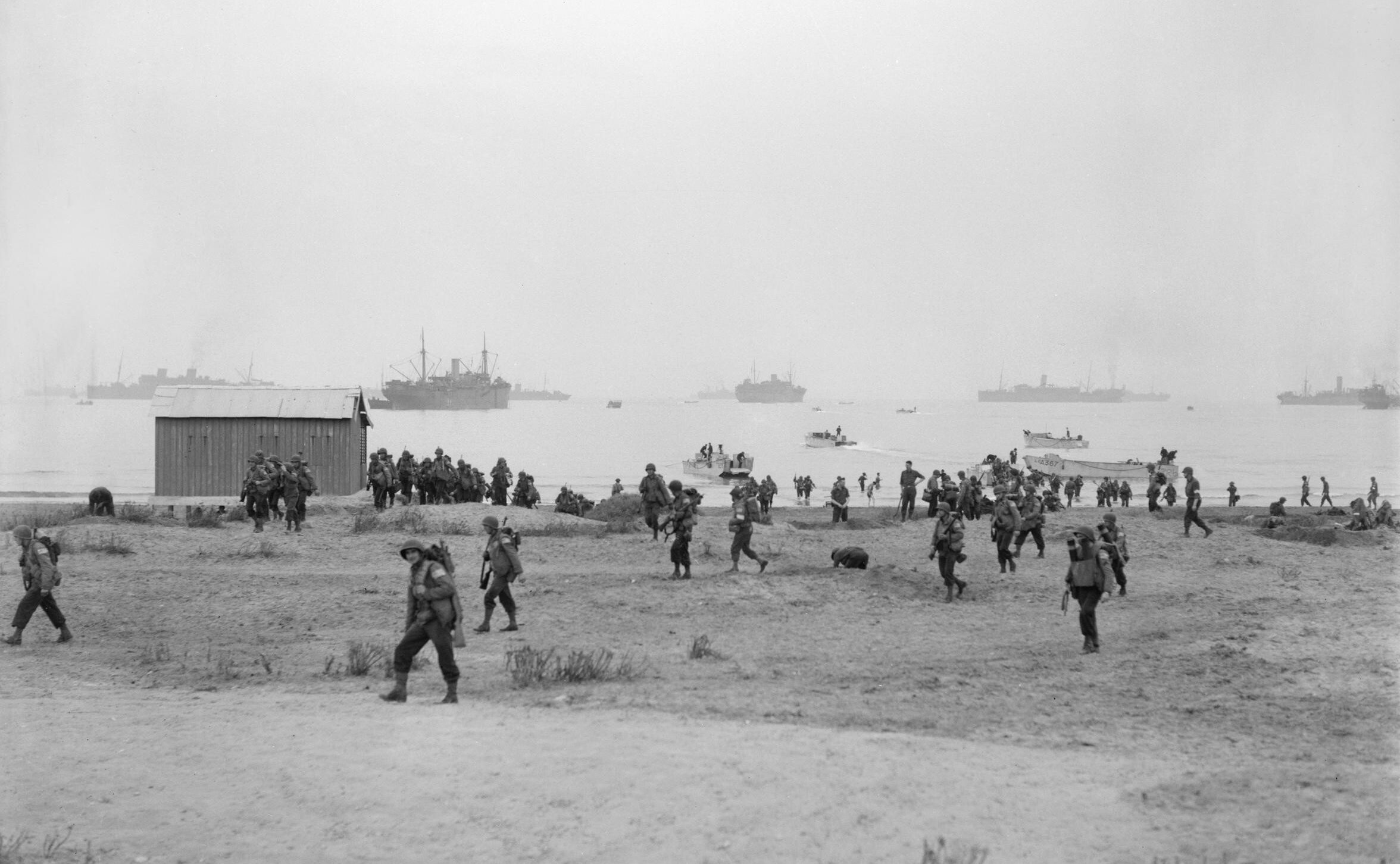
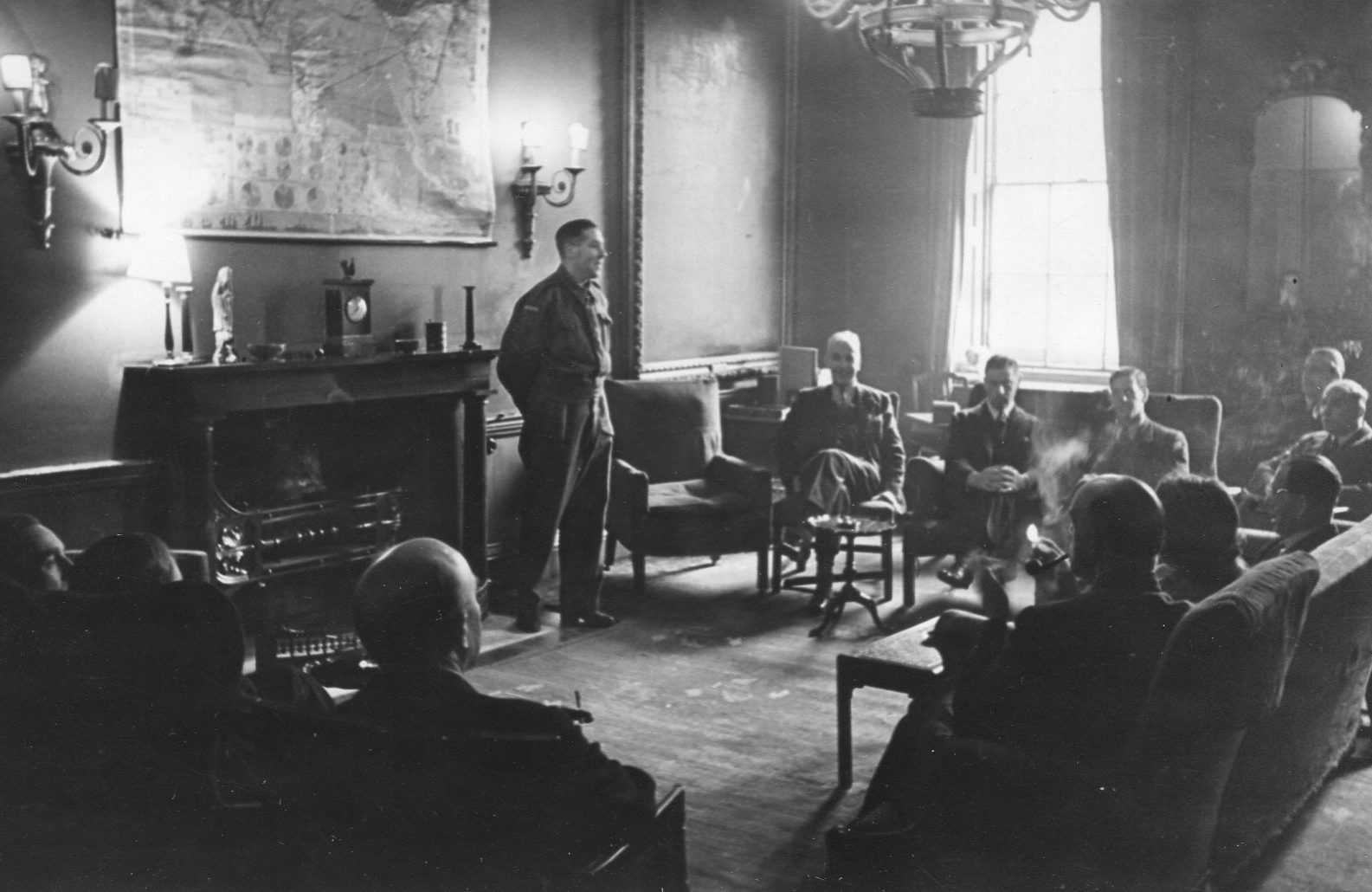
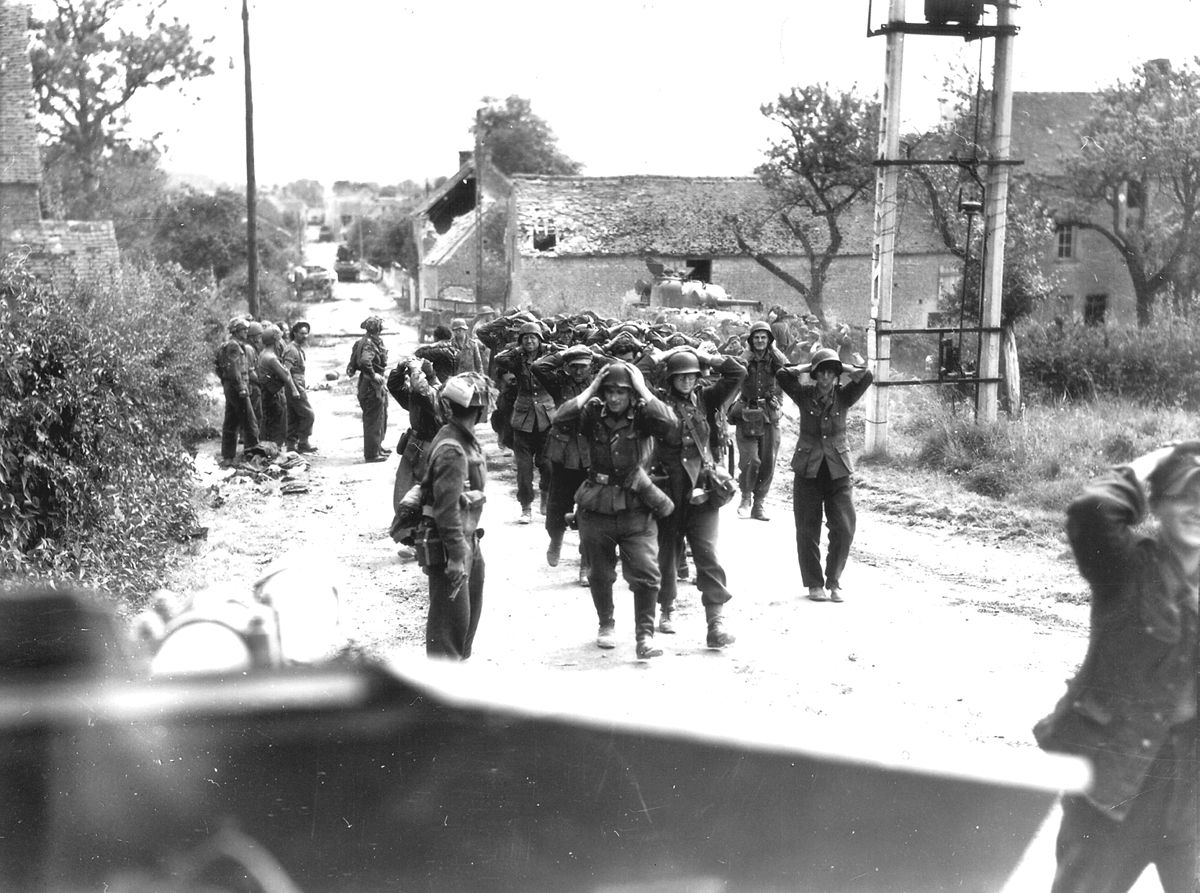
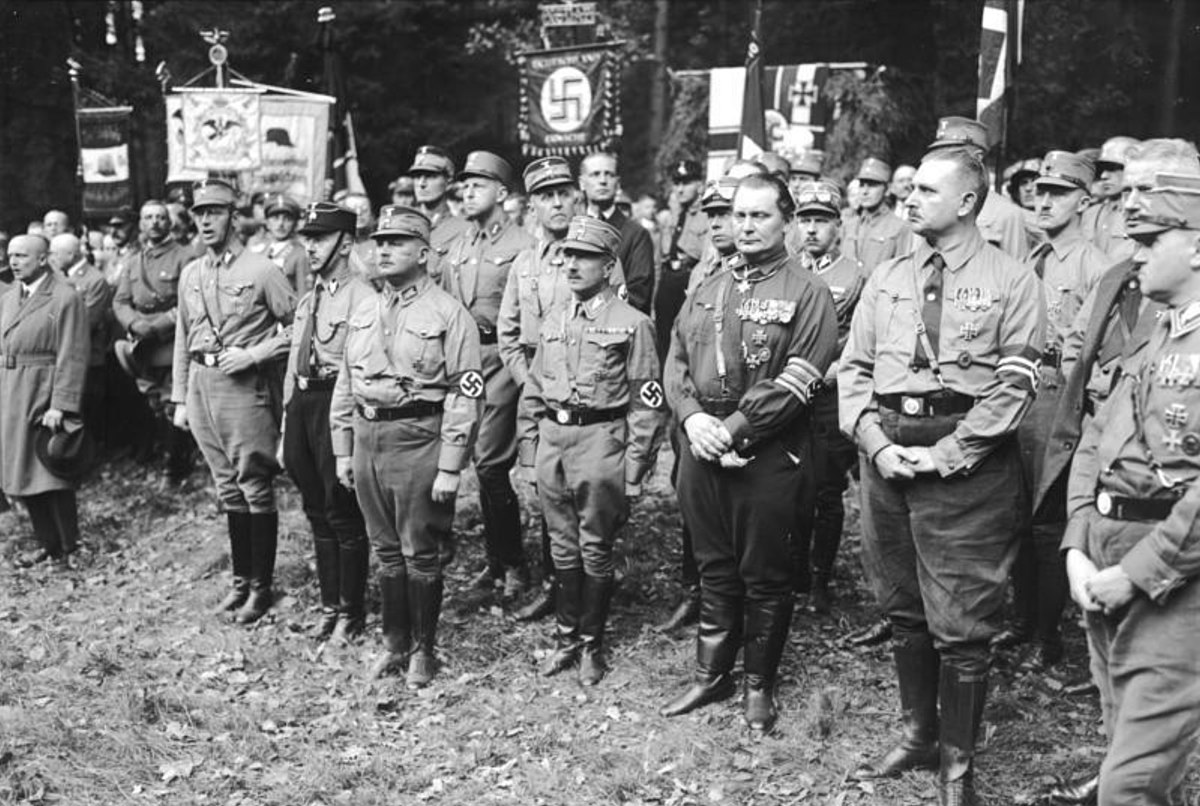
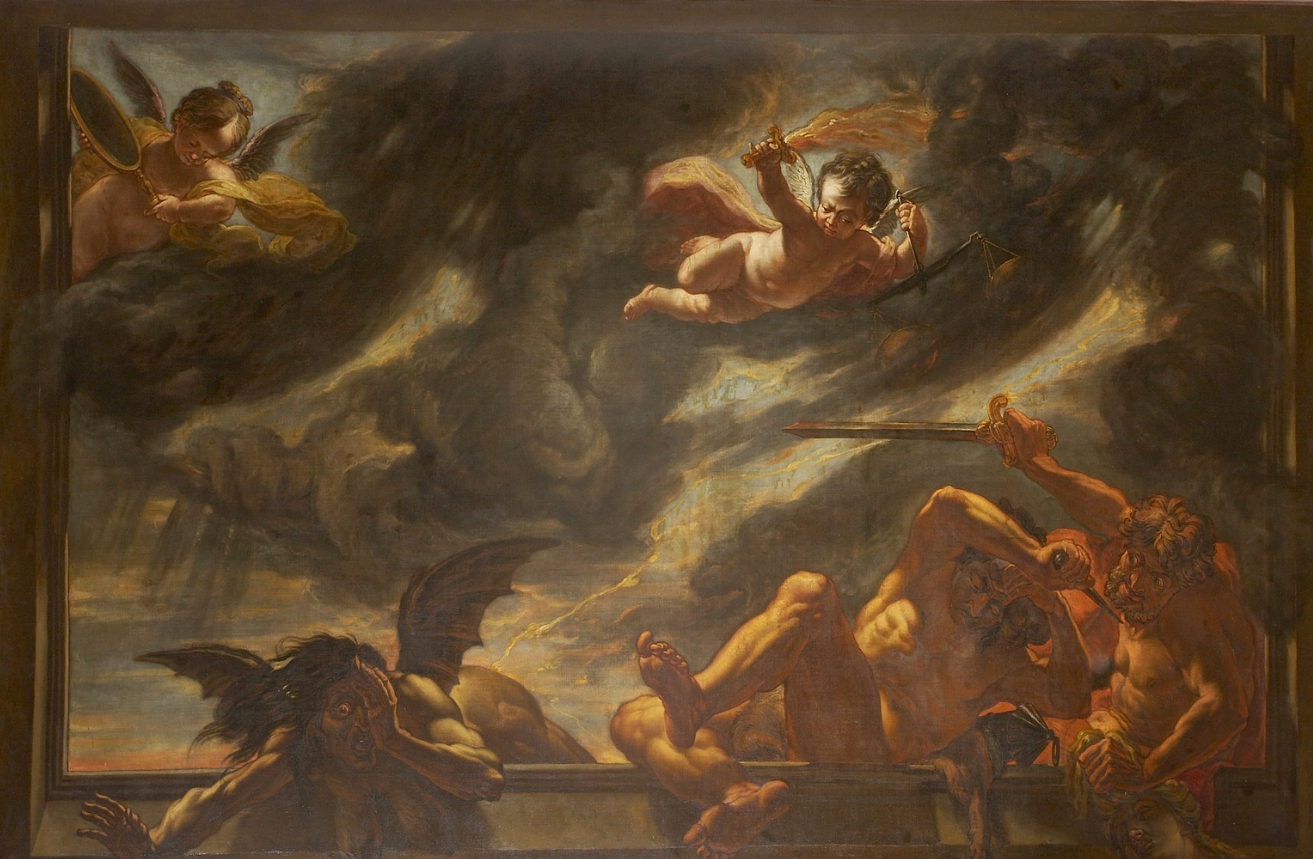
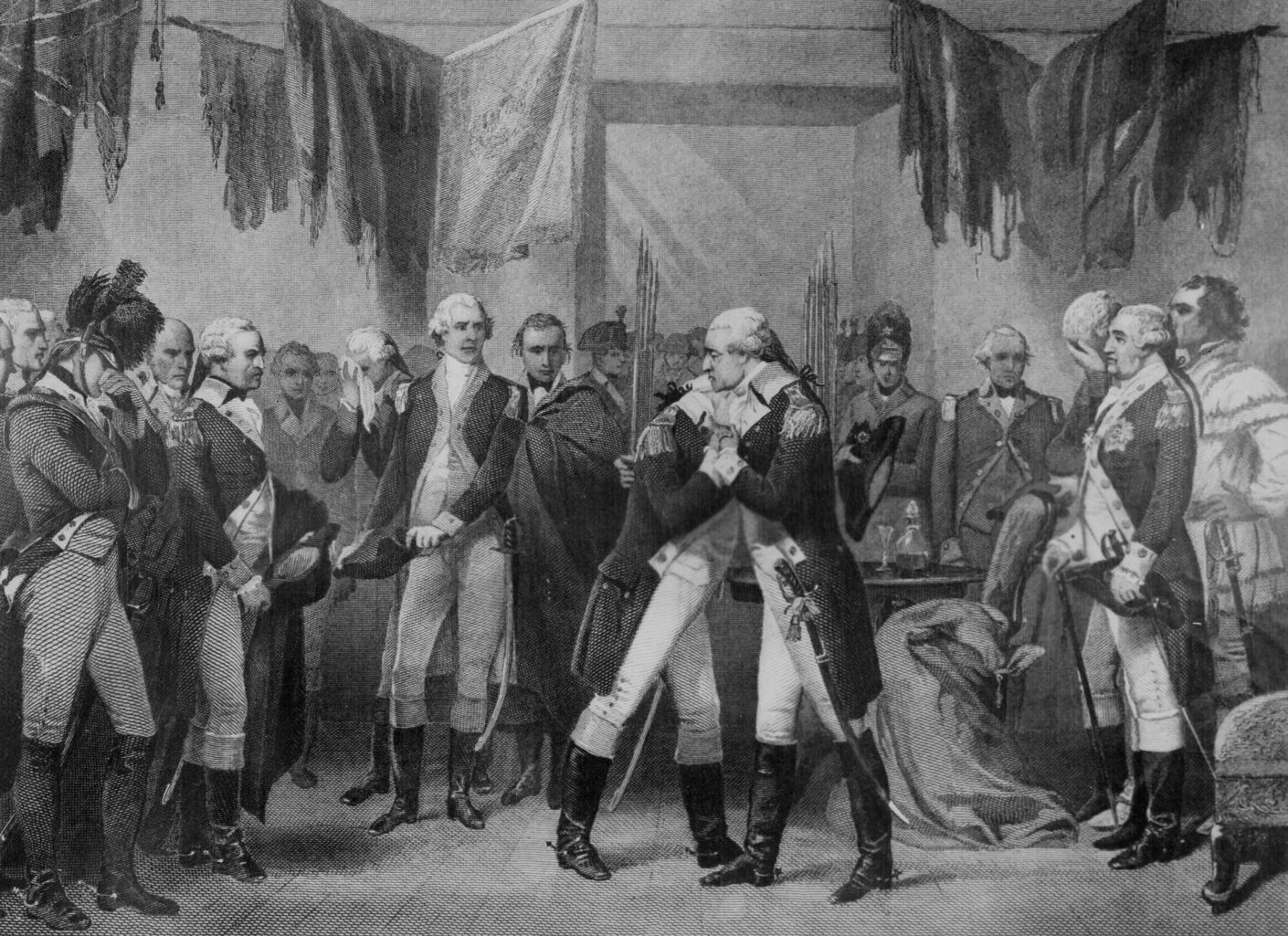
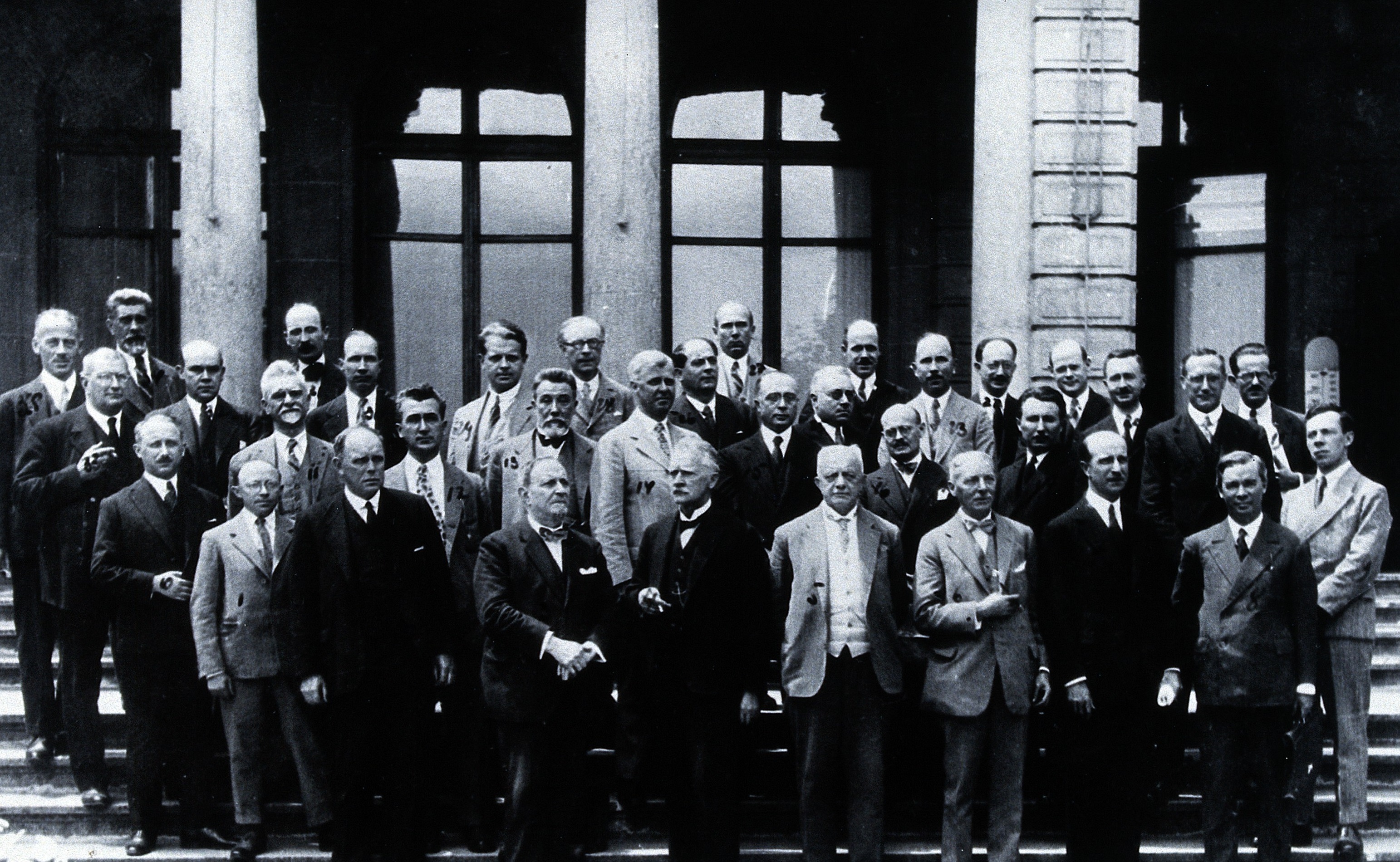
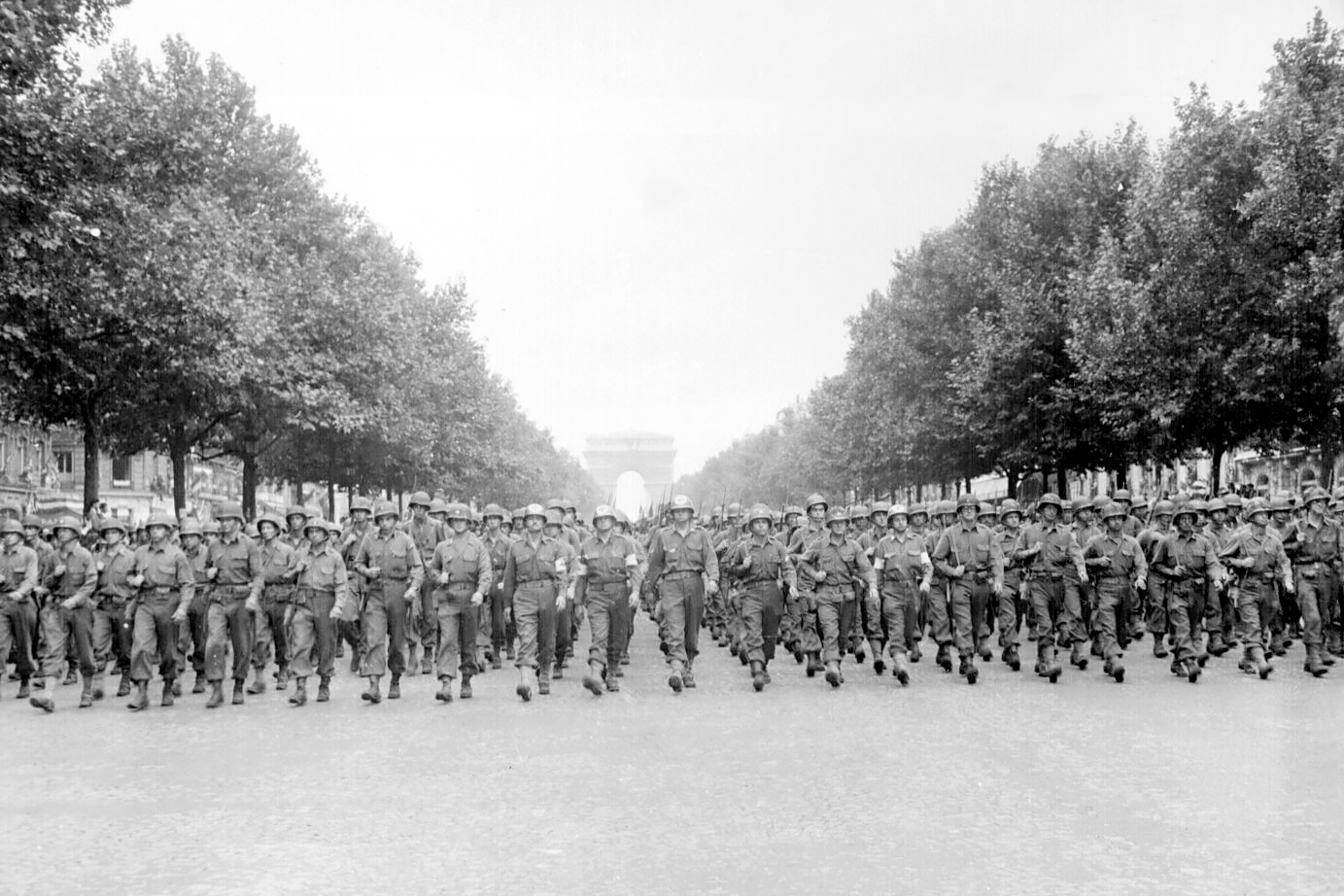

 Sponsor a student for Christianity & National Security 2024
Sponsor a student for Christianity & National Security 2024